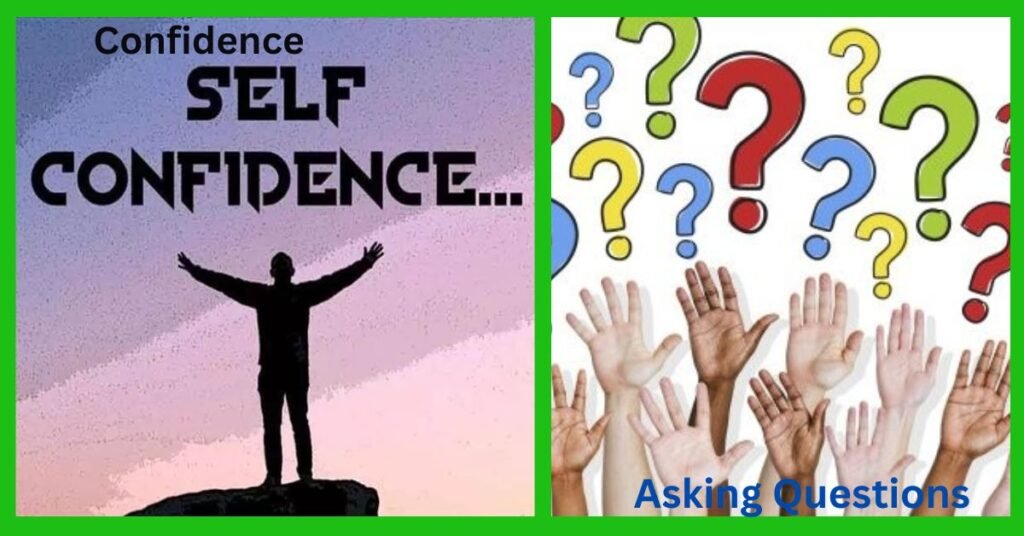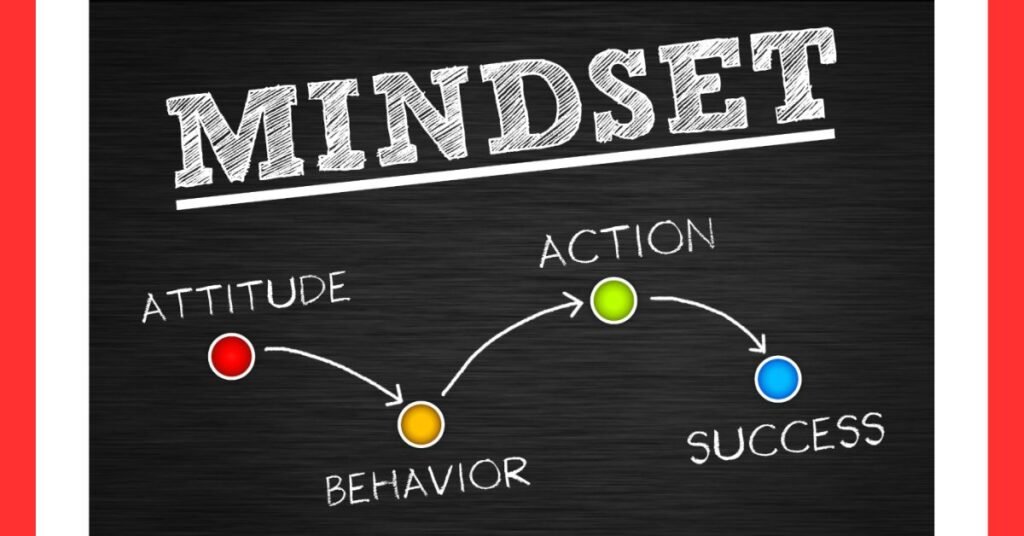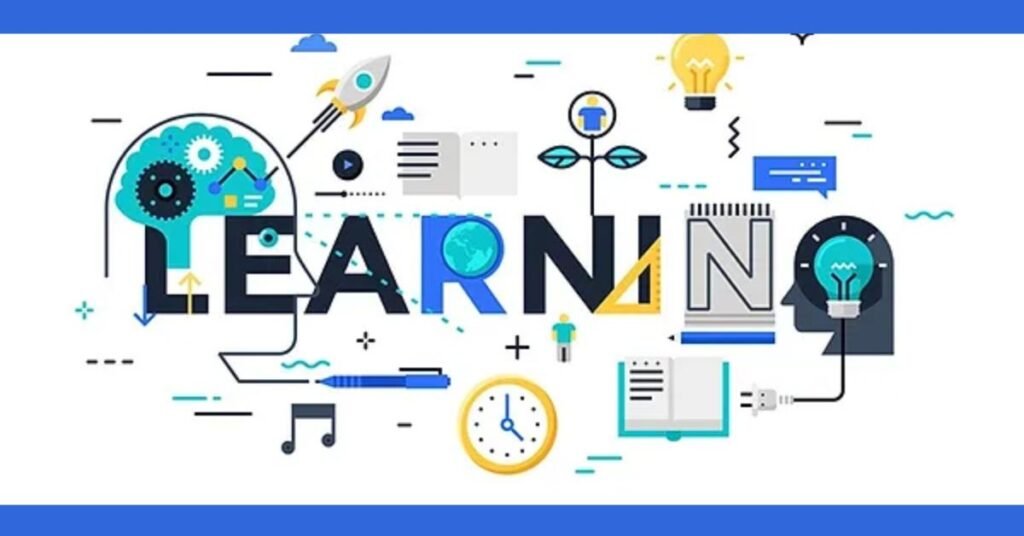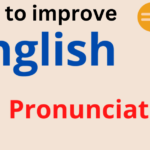Phrases for Education
The path of education is a vast and winding one, filled with both exhilarating discoveries and moments of confusion. Phrases for Education: these are more than just words uttered in a classroom; they are the tools that empower you to navigate this journey. Phrases for Education can unlock your potential by sparking curiosity, encouraging you to ask insightful questions, and fostering a growth mindset that embraces challenges.

These Phrases for Education can bridge the gap between confusion and clarity, helping you to articulate your needs and actively participate in discussions. Throughout this guide, we’ll explore 20 powerful Phrases for Education that will equip you to become a more confident, engaged, and successful learner.
Boosting Motivation and Focus
- “I’m curious about…” (Spark Curiosity)
Meaning: Shows an interest in learning more about a topic.
Example: “I’m curious about the impact of climate change. Can you recommend some resources?”
Use When: You want to explore a new subject or delve deeper into something you’re learning.
- “What’s the big picture here?” (Understanding Context)
Meaning: Asks how a specific topic fits into the broader scheme of things.
Example: “We’re learning about photosynthesis. What’s the big picture here? How does it affect the environment?”
Use When: You want to understand how a specific concept relates to the overall learning objective.

- “This is challenging, but I’m going to keep trying.” (Growth Mindset)
Meaning: Shows a positive attitude towards challenges and a willingness to persevere.
Example: “This math problem is tough, but I’m going to keep trying. Maybe I can break it down step by step.”
Use When: You face a difficult concept or task but are determined to overcome it.
- “How can I apply this in the real world?” (Making Connections)
Meaning: Seeks to understand how learned concepts can be applied to everyday life.
Example: “We’re learning about the Pythagorean theorem. How can I apply this in the real world, like in carpentry or architecture?”
Use When: You want to see the practical value of what you’re learning.
- “Can you give me an example of that?” (Seeking Clarity)
Meaning: Requests clarification on a specific concept or topic.
Example: “I’m not quite sure I understand the difference between photosynthesis and cellular respiration. Can you give me an example of that?”
Use When: You need a clearer explanation or practical illustration to grasp a concept.
Enhancing Communication and Collaboration

- “What do you think about…?” (Respecting Opinions)
Meaning: Invites diverse perspectives and encourages open discussion.
Example: “What do you think about the author’s use of symbolism in the novel?”
Use When: You want to learn from others and consider different viewpoints.
- “Can I add something to that?” (Sharing Ideas)
Meaning: Expresses a desire to contribute to the discussion.
Example: “Can I add something to that? I found a different perspective on this topic…”
Use When: You have something valuable to contribute to the ongoing conversation.
- “How can I help you with that?” (Offering Support)
Meaning: Shows willingness to assist a classmate or group member.
Example: “You mentioned struggling with the coding project. How can I help you with that?”
Use When: You see someone facing a difficulty and want to offer assistance.
- “Can we brainstorm some ideas together?” (Collaboration)
Meaning: Proposes working together to come up with solutions or creative ideas.
Example: “This essay prompt is quite broad. Can we brainstorm some ideas together before starting?”
Use When: You want to pool resources and perspectives for a project or assignment.
Idiom: Brainstorm: This idiom means to think creatively and generate a large number of ideas without worrying about their practicality.
Encouraging Reflection and Feedback

- “What went well, and what could I improve on?” (Self-Assessment)
Meaning: Reflects on strengths and weaknesses in learning performance.
Example: “I finished my research paper. What went well, and what could I improve on before submitting it?”
Use When: You want to evaluate your work objectively and identify areas for improvement.
- “What did you find most interesting about the lecture?” (Active Learning)
Meaning: Engages with the speaker and encourages deeper reflection on the presented material.
Example: “The professor’s lecture on the history of art was fascinating. What did you find most interesting about it?”
Use When: You want to discuss the learning material with others and gain different perspectives.
- “Can you give me some feedback on my work?” (Seeking Feedback)
Meaning: Shows openness to constructive criticism with the aim to improve.
Example: “I worked hard on this presentation. Can you give me some feedback on my work?”
Use When: You want to receive constructive criticism to enhance your work’s quality.
- “I appreciate your feedback. I’ll definitely consider it.” (Openness to Improvement)
Meaning: Shows a positive attitude towards constructive criticism and a willingness to learn.
Example: “I appreciate your feedback on my writing style. I’ll definitely consider it for future essays.”
Use When: You receive feedback and want to acknowledge the other person’s effort while showing your openness to improvement.
Building Confidence and Asking Questions

- “I can do this!” (Positive Self-Talk)
Meaning: Motivational self-affirmation to boost confidence and overcome challenges.
Example: “This project seems overwhelming, but I can do this! I’ll break it down into smaller steps.”
Use When: You face a learning hurdle and need a motivational boost.
- “Is there another way to approach this?” (Critical Thinking)
Meaning: Questions traditional methods and encourages exploring alternative solutions or perspectives.
Example: “We’ve been solving math problems this way, but is there another way to approach this?”
Use When: You want to challenge assumptions and explore different avenues for learning and problem-solving.
- “I’m not sure I understand. Can you explain it again?” (Clarification)
Meaning: Shows a willingness to learn and acknowledges when something needs clarification.
Example: “I’m not sure I understand the difference between these two theories. Can you explain it again in simpler terms?”
Use When: You need further explanation to grasp a concept or complete a task.
- “Why is this important?” (Relevance and Purpose)
Meaning: Seeks to understand the significance of learning a specific concept or skill.
Example: “We’re learning about the French Revolution. Why is this important to understand history today?”
Use When: You want to understand the connection between what you’re learning and its real-world implications.
Fostering a Growth Mindset

- “Mistakes are learning opportunities.” (Growth Mindset)
Meaning: Views mistakes as stepping stones for improvement rather than failures.
Example: “I got a bad grade on the science test, but mistakes are learning opportunities. I’ll study harder and do better next time.”
Use When: You make a mistake and want to maintain a positive attitude focused on growth.
- “What can I learn from this challenge?” (Embracing Challenges)
Meaning: Seeks to extract valuable lessons from obstacles encountered during the learning process.
Example: “This research project is presenting some challenges. What can I learn from this?”
Use When: You face a difficulty and want to transform it into a learning experience.
- “Learning is a lifelong journey.” (Embrace Continuous Learning)
Meaning: Acknowledges the ongoing nature of learning and the importance of lifelong knowledge acquisition.
Example: “I may be graduating, but learning is a lifelong journey. I’ll keep exploring and expanding my knowledge.”
Use When: You celebrate an achievement but also acknowledge that learning never truly stops.

Conclusion
Phrases for Education: they may seem like simple words, but they hold immense power to transform your learning experience. Phrases for Education can spark curiosity, propel you to ask insightful questions and foster a growth mindset that embraces challenges. These Phrases for Education can bridge the gap between confusion and clarity, encouraging you to seek help and actively participate in discussions.
Throughout your educational journey, remember the power of Phrases for Education: they can unlock a world of knowledge, build confidence, and empower you to become a lifelong learner. So, don’t be afraid to speak up, ask questions, and utilize these Phrases for Education to ignite your passion for learning!

I have also written on phrasal verbs in english, Phrases for relationships, Phrases for job interviews, and the top 80 phrases in english.
I hope you liked the post “Phrases for education” Be happy with your relations.









I think this website holds some very wonderful information for everyone. “The human spirit needs to accomplish, to achieve, to triumph to be happy.” by Ben Stein.
Dead composed content material, Really enjoyed examining.
Hi there, just became alert to your blog through Google, and found that it is truly informative. I’m gonna watch out for brussels. I’ll be grateful if you continue this in future. Lots of people will be benefited from your writing. Cheers!
Hello there, I found your blog via Google while looking for a related topic, your web site came up, it looks good. I’ve bookmarked it in my google bookmarks.